To weave is to create a skin out of fabric. And to feel free in one’s skin is a rarity. For marginalized persons in the global industry, this means to overcome hurdles of racism and sexism, in order to feel identified with and not labeled by the norms and standards of the fashion industry.
To achieve this threshold keeping in tandem with nature brings core sustainability to the open-lens outlook held by some niche Indian labels building a hearth of eco-sensible mindsets with their innovative approach. This marks a beautiful pause in the Indian fashion industry, where we are returning to the tenacity of our heritage, engaging in a retrouvaille of handmade crafts.
The way you look says a lot about how you identify, and where you come from, and this is the poignant epiphany taking place with Indian fashion labels today.
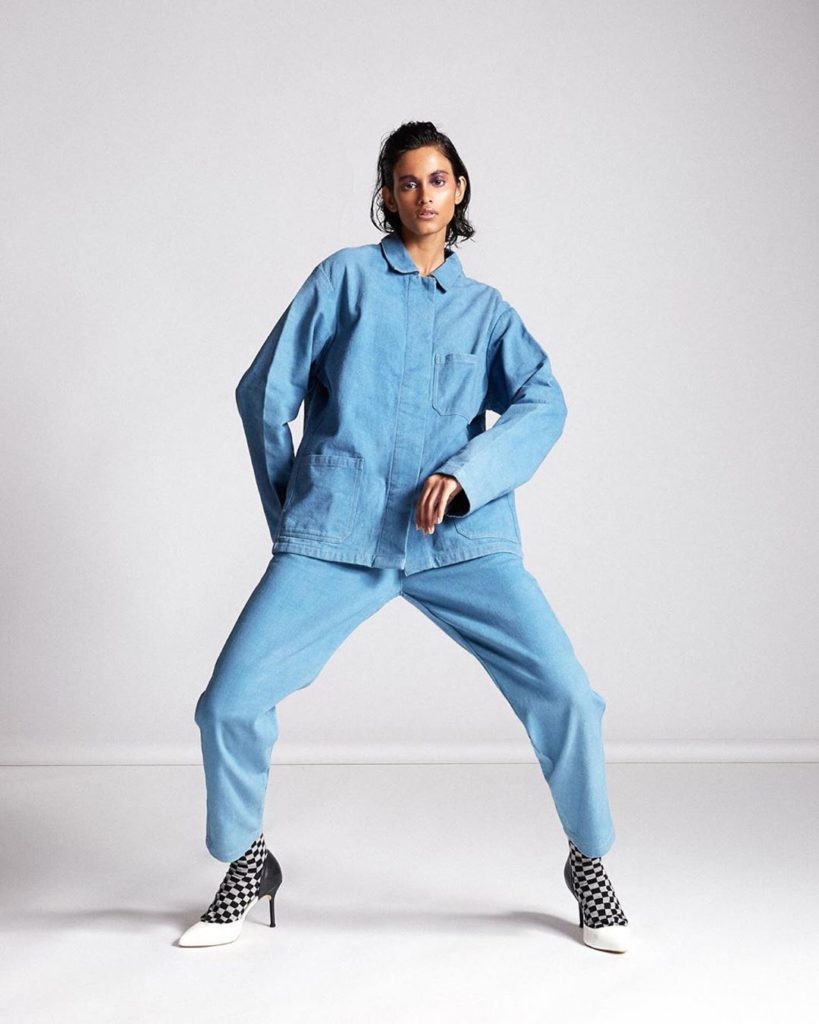
One such label is Naushad Ali, based in Pondicherry, a minimalist hub of global perspectives, drawn from the depth of traditional craftsmanship. Measuring crisp lines in handloom thread, this label follows a 100% natural process from yarn to dye, leading a zero-waste approach since 2014. Working with the weaving clusters in West Bengal, the label inculcates ethnic threadwork in gender-fluid apparel, keeping the tone classy and clean, cutting edge with an international touch.
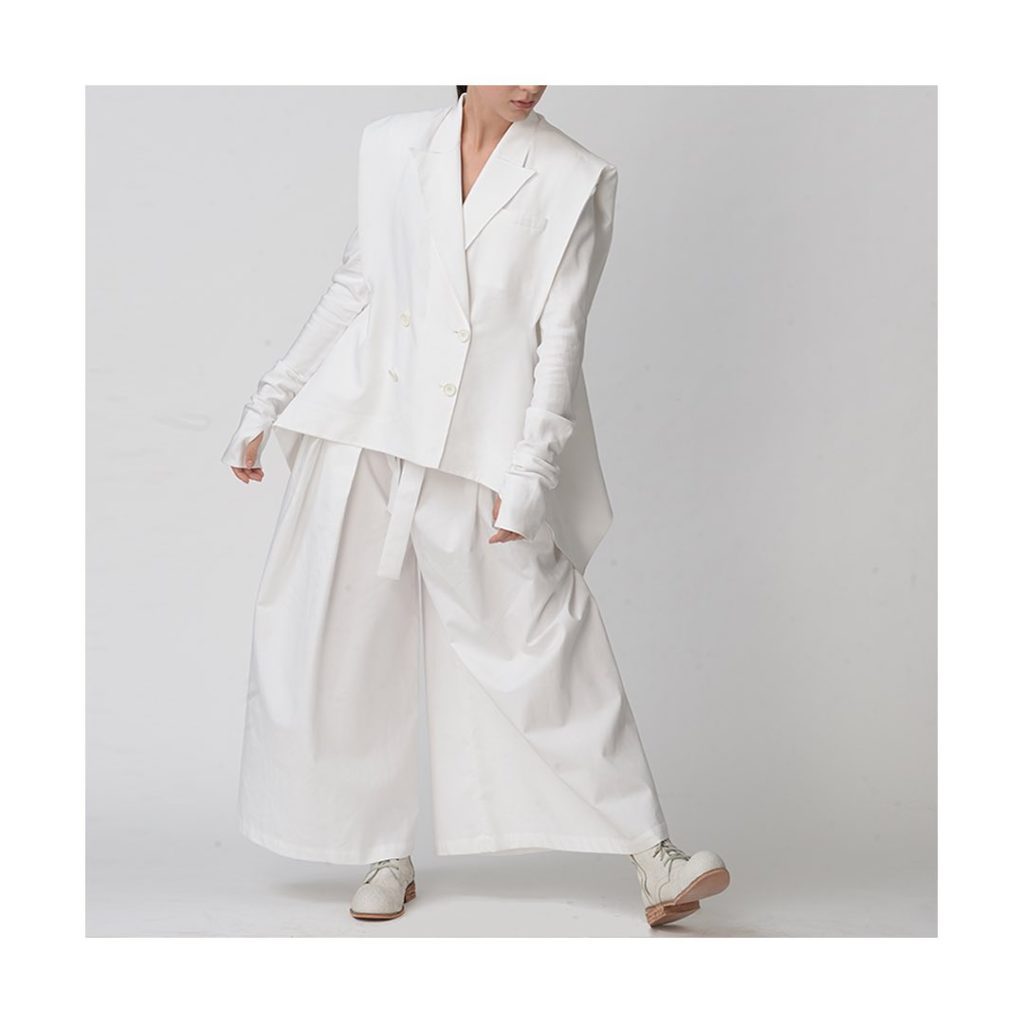
Rajesh Pratap Singh, a vintage when it comes to fashion labels, has an eco-conscious lead in the industry. With it’s stellar contributions to sustainable fashion, the 1997-established label is also mapping a gender-fluid paradigm, one where the essence of responsible practices are cherished and unbiased clothing is brought into a safe space.
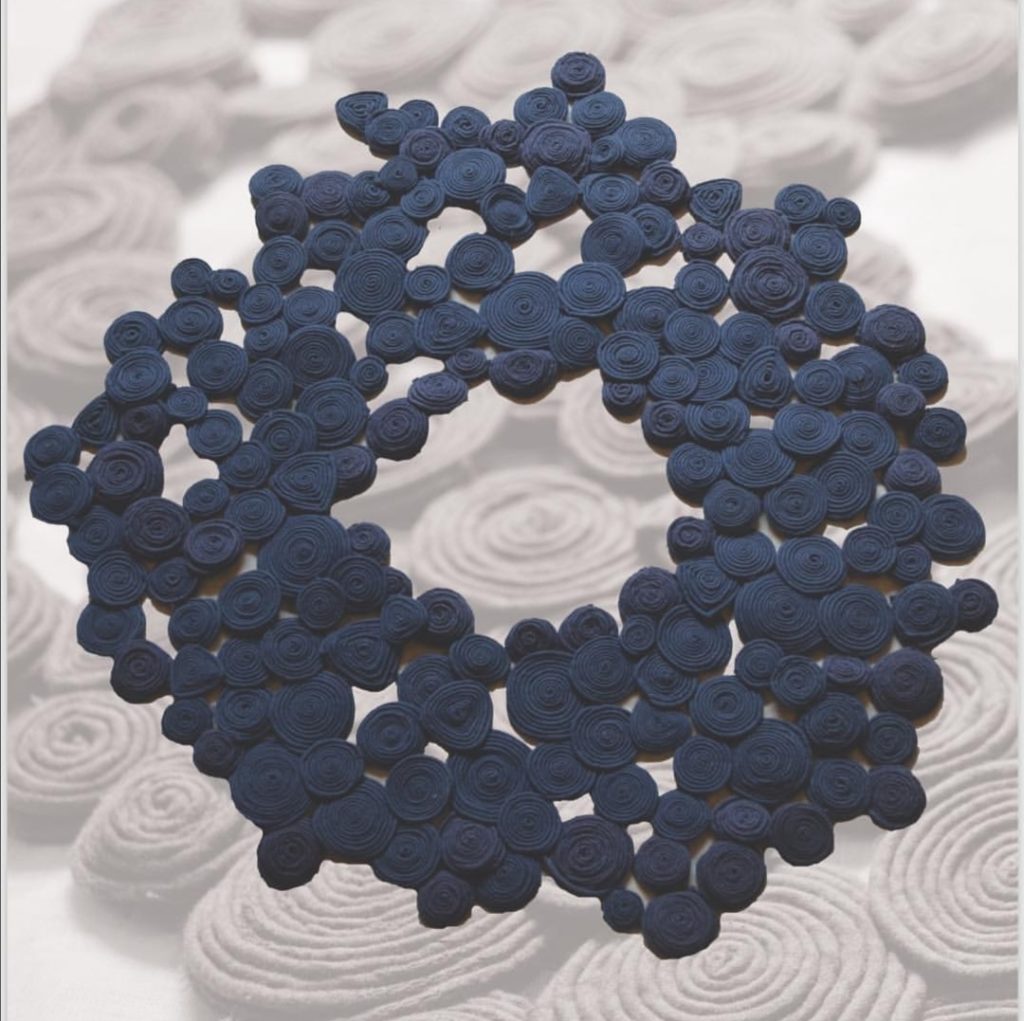
The harbinger of Khunn to international markets, Vaishali S is a cartographer of ethical and eco-conscious complexities. Maintaining a zero-waste approach since the conception of the label, Vaishali S has delved into the intricate layers of weaving communities spread across India. From marking Guledagudda, the birthplace of Khunn on the map to underlining the unique skill of Indian traditional artisanry, the label has a signature spectrum of accessories made to create security around the concept of freedom.
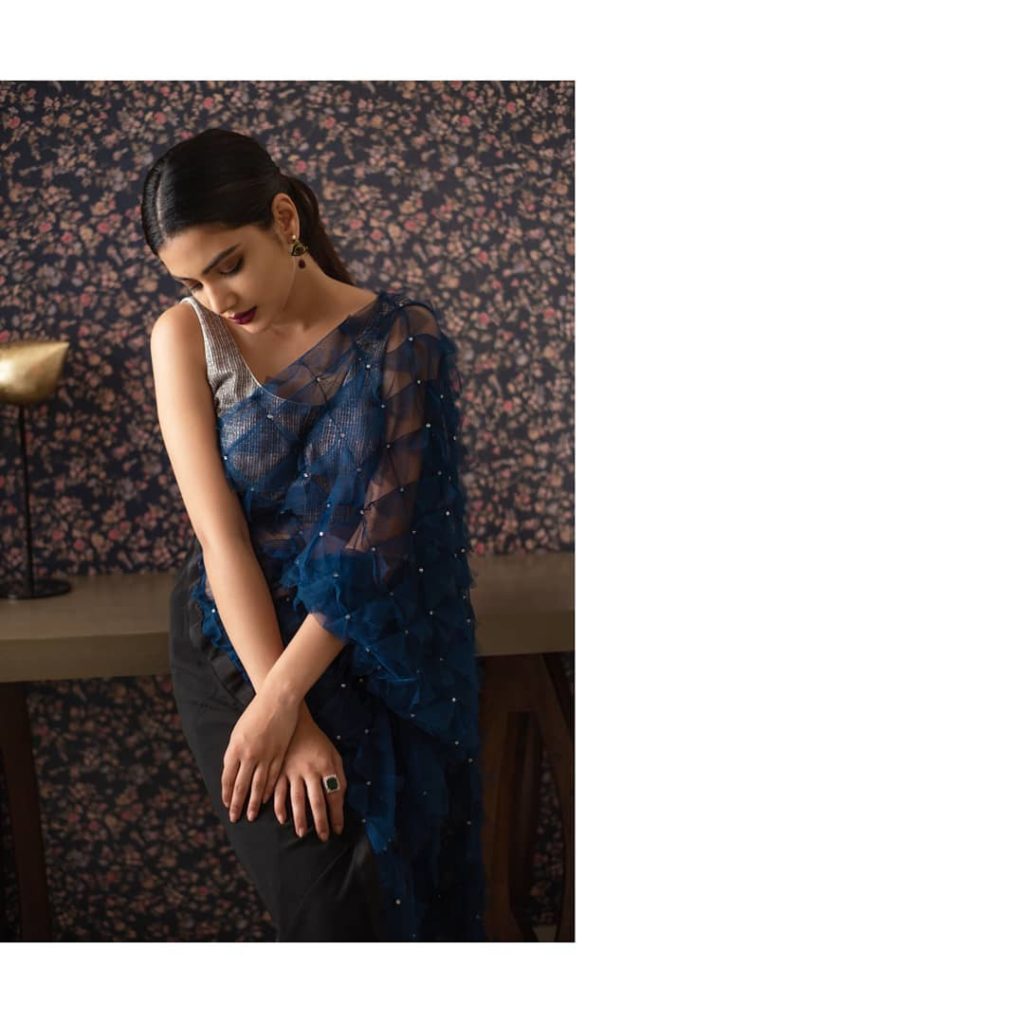
‘Jod’, a collection by Priyanka Raajiv is testimony to the integrity of upcycling unpurposed fabric pieces. In the numerous weaving cultures explored by this label, hand embroidery flourishes as an aspect to look through the lens of the artisan. In this collection, remnants of emotionally cherished fabric pieces are upcycled through handcrafting a color palette of corals, blue-greens and soothing shades of peach, airbrushed with a tone of eco-fashion sensibilities. While it caters to women, this collection has the versatility in its featherlight silhouettes of wardrobe pieces like scarves, which can be donned by anyone.
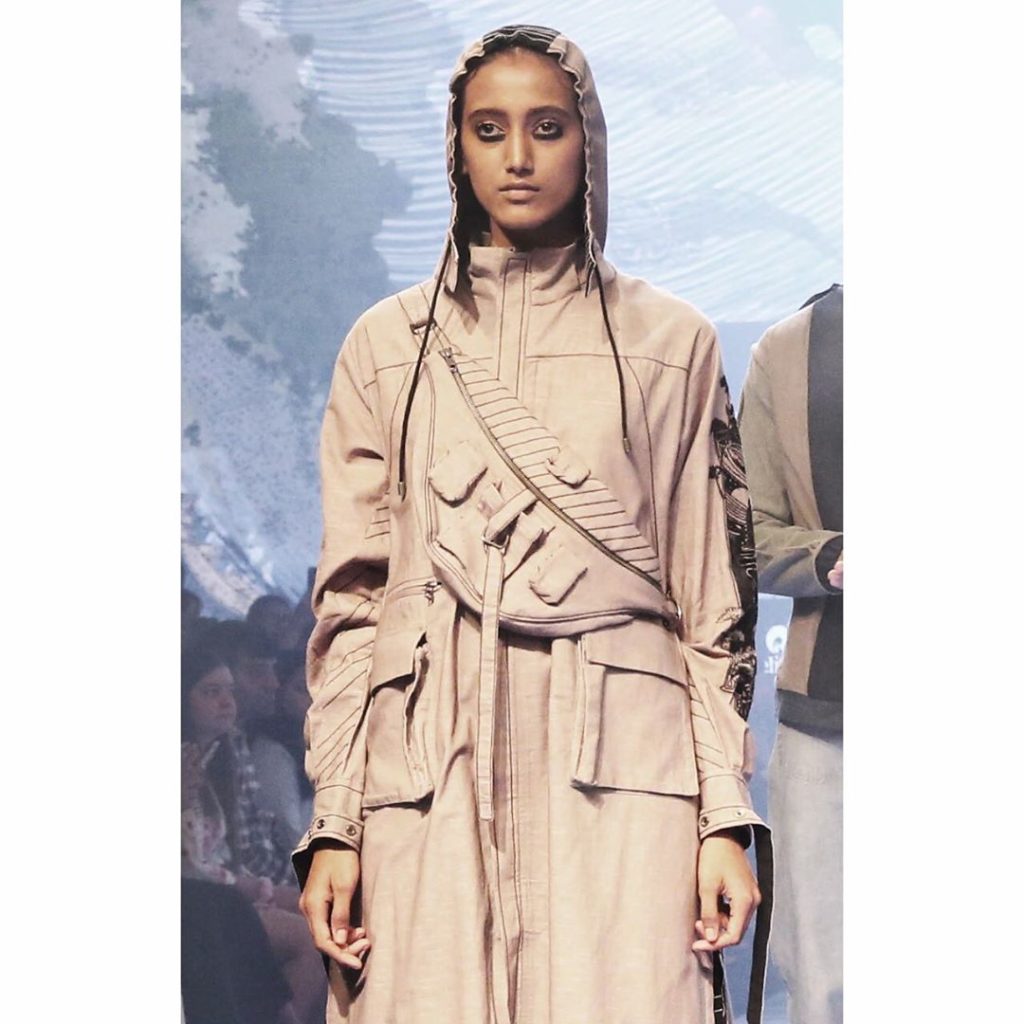
The weaver of Khadi as he is often harkened, Anurag Gupta has a long-standing authenticity in handmade apparel. From the buttons sewn on his mostly khadi garments to the hand-embroidered thread, everything is a result of manual labor, that takes the age-old skill into a painstaking endeavor of giving crisp outlines to traditional silhouettes. The label weaves garments with a gender-non-conforming flow, giving its signature touch to each handwoven silhouette, drawing a generational guideline of natural sustainability.
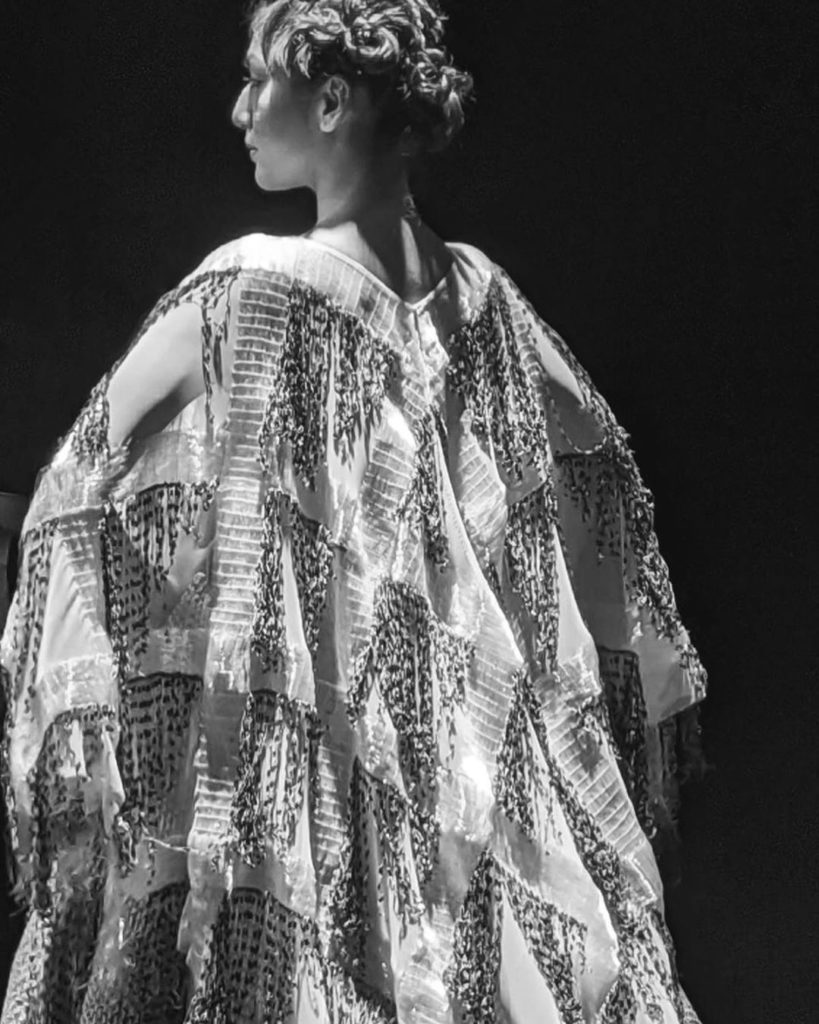
Fishnets and metallic foils re-engineered to make the fabric is a feat that AKHL has turned into a creative venture. From upcycling unmalleable materials to the detailed technicalities of fabric making, the label works with local weavers to make free-flowing gender-neutral garments. The structure of their pieces is evocative, unburdened, and unwavering in their sustainability; their forte being the reuse and upcycling of versatile materials to create ethereal elements.
The ethos of Indian sustainability lies not in the adaptation of international practices but in what is currently a renaissance of ancient techniques, rooted in the simplicity of weaving villages across the country. To blend this handspun thread into a pattern of gender complexities is yet another step towards a worldview that sees beyond the obvious and into the abstract to glean from centuries-old knowledge and apply it to the contemporary framework.
Fashion, to a large extent, shapes societal thinking. It may require sludging through years of unresolved and hidden layers, but with labels that aspire to be pioneers of eco-gender fashion and upcycled couture, the Indian handloom industry has messiahs to restore it to it’s deserved merit.